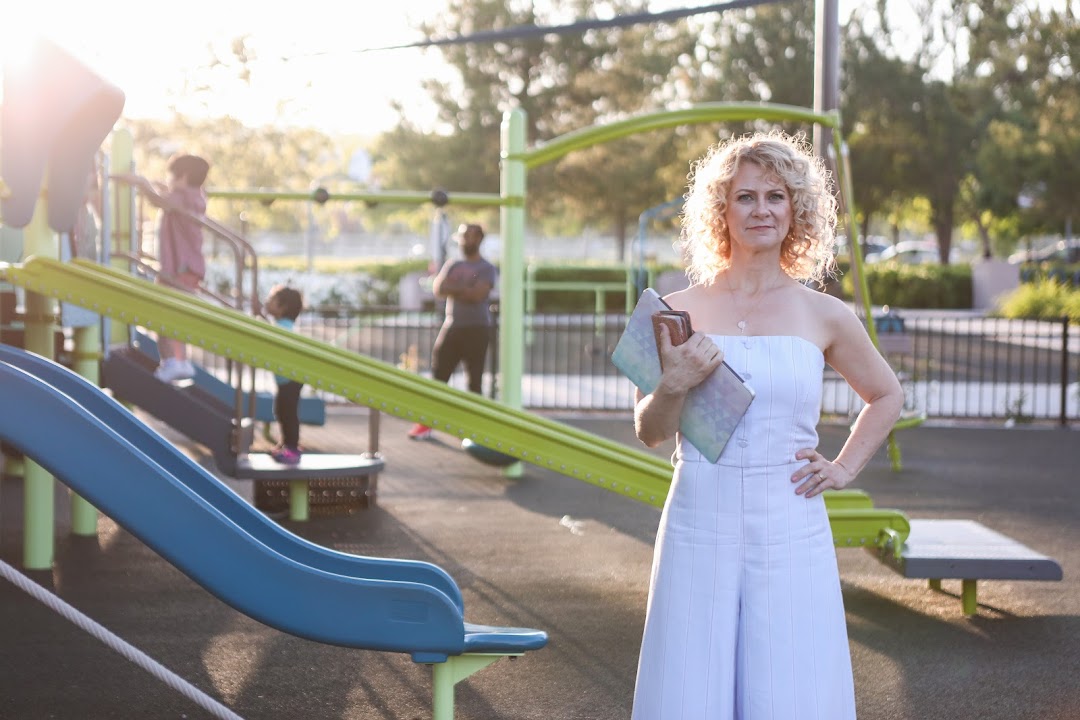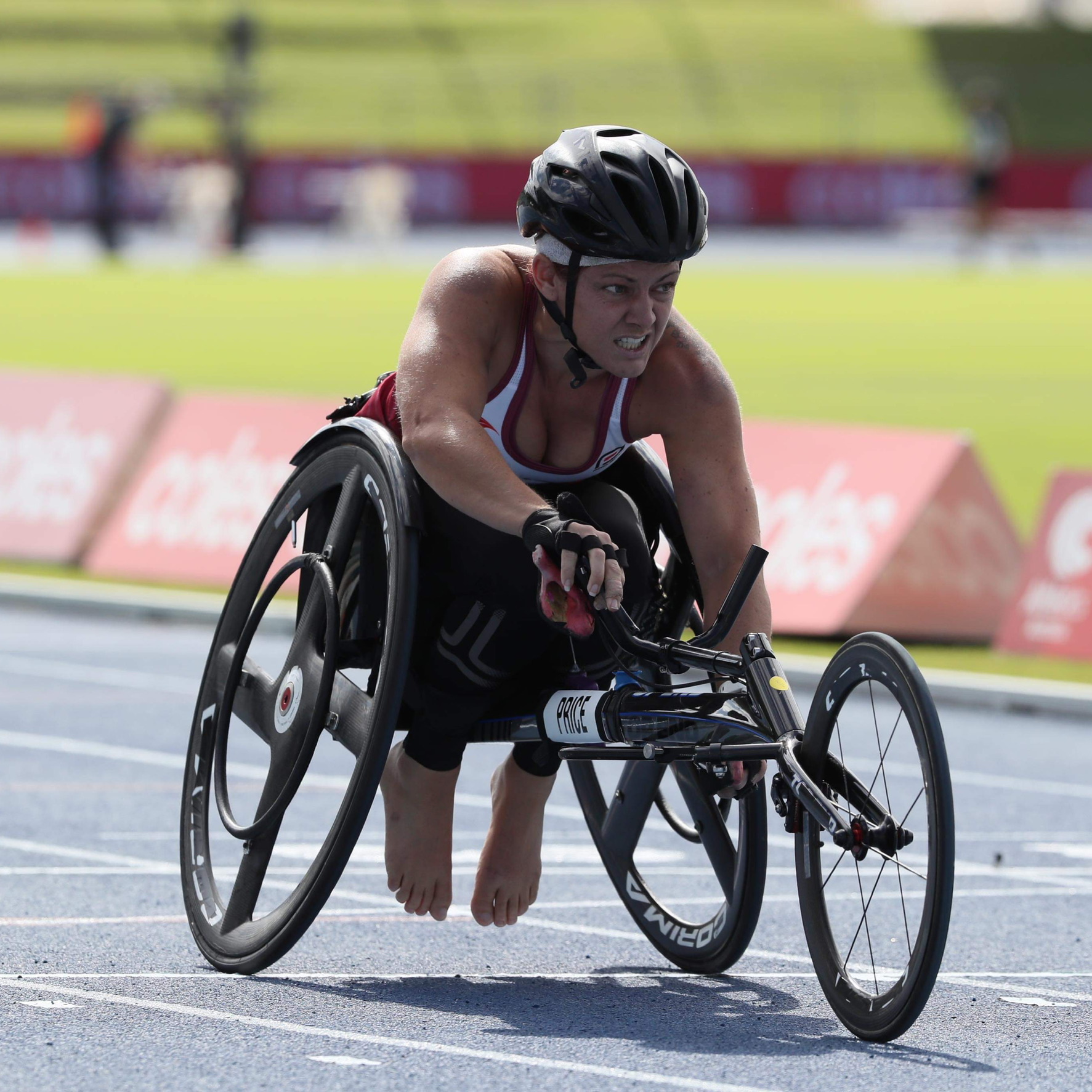Two heart surgeries and unstoppable
Fitness enthusiast Robyn Cairney was shocked when a cough during exercise led doctors to discover a serious heart condition at age 17.
“I was doing some fitness tests at college and after the mile run, I was coughing. It was something that always happened and I just thought it was normal,” she tells This Is MedTech. “The coach thought that it might be asthma, so I went to the doctor who listened to my chest and heard a heart murmur.”
The stethoscope used to pick up Robyn’s abnormal heartbeat would be the first of many medical technologies that would support her. “I was sent for some tests including an electrocardiogram, an echocardiogram and a stress test on a treadmill,” says the anatomy and physiology lecturer and part-time fitness instructor.
The electrocardiogram (ECG) checked her heart’s rhythm and electrical activity, while the echocardiogram, a type of ultrasound scan that allows doctors to look at the heart and nearby blood vessels, showed that the aortic valve in Robyn’s heart only had two flaps (cusps) rather than the usual three. “This meant the blood wasn’t going through my heart effectively and my heart was having to work very hard to get the blood around my body.”
Robyn’s heart condition was congenital, meaning that she’d had it since birth. According to the World Heart Foundation, one out of every 120 children is born with congenital heart disease. In most cases, there’s no known cause.
“I had my first operation that summer, when I was 18. They replaced the valve with a pig’s heart valve,” she explains. “It took a good five or six months before I felt confident enough to get back in the gym and exercise normally again. As well as the physical implications, it really knocked my confidence at first because I didn’t want to put stress on my body.”
Not one to shy away from a physical challenge, Robyn decided to sign up for a 10k run the next year. Life continued to go smoothly and four years after her operation, she was planning to move to another city to start university. “Before I left, I decided to get checked out to make sure everything was okay,” she says. “They did an echo and an ECG. The next day, they called me saying that the tests had picked up an abnormality.”
Robyn was devastated to learn that she would need a second surgery. Despite another stint of rehab, she headed to university eight weeks after the operation. She’s now 30 and is feeling great – in fact, she’s planning to run a marathon in the autumn. She has annual echocardiograms and a magnetic resonance imaging (MRI) scan every three years to monitor her heart health.
While Robyn knows that she’ll have to have the valve replaced about every 10 years, she’s not letting it get in the way of living life, and she’s grateful that her condition was discovered early. “Without the medical technology, I wouldn’t be here because my condition wouldn’t have been picked up,” she notes.
As for her advice to others with a heart condition she says: “Don’t let your heart condition define you. If you‘re feeling well, go for it!”






